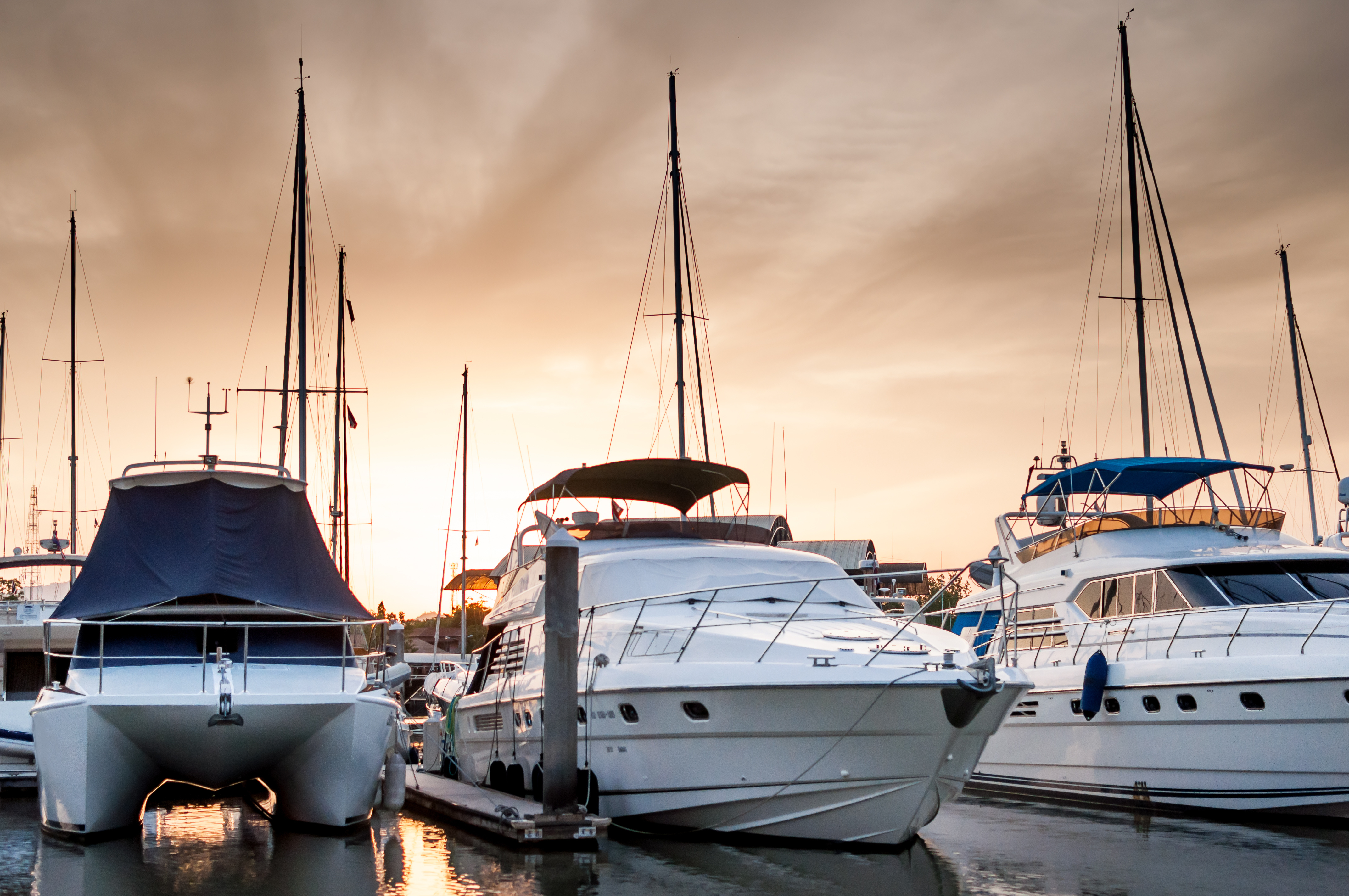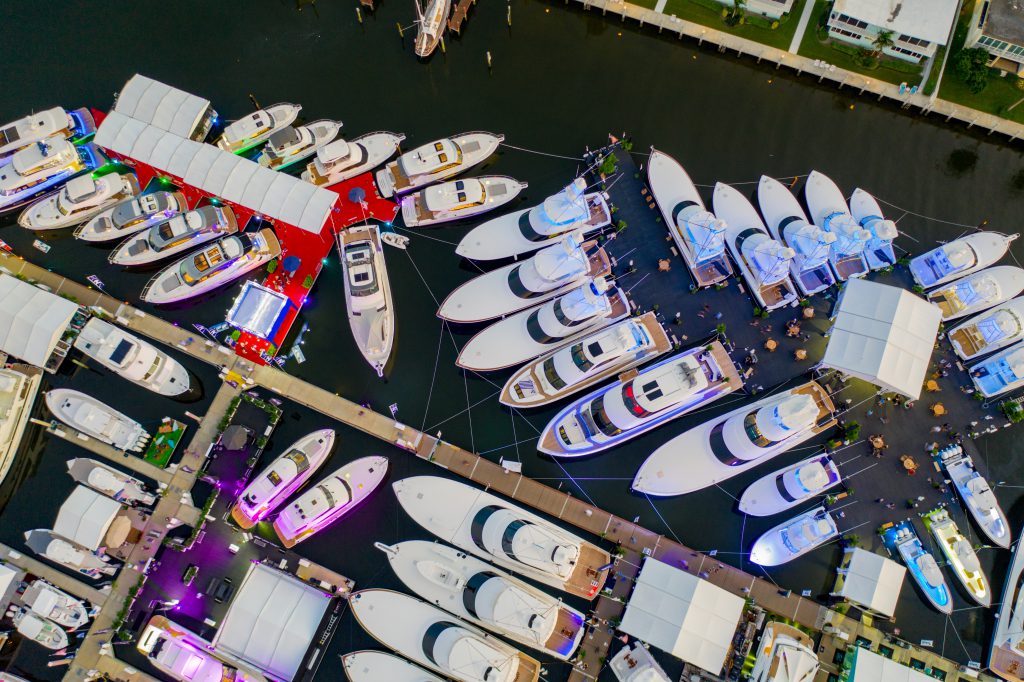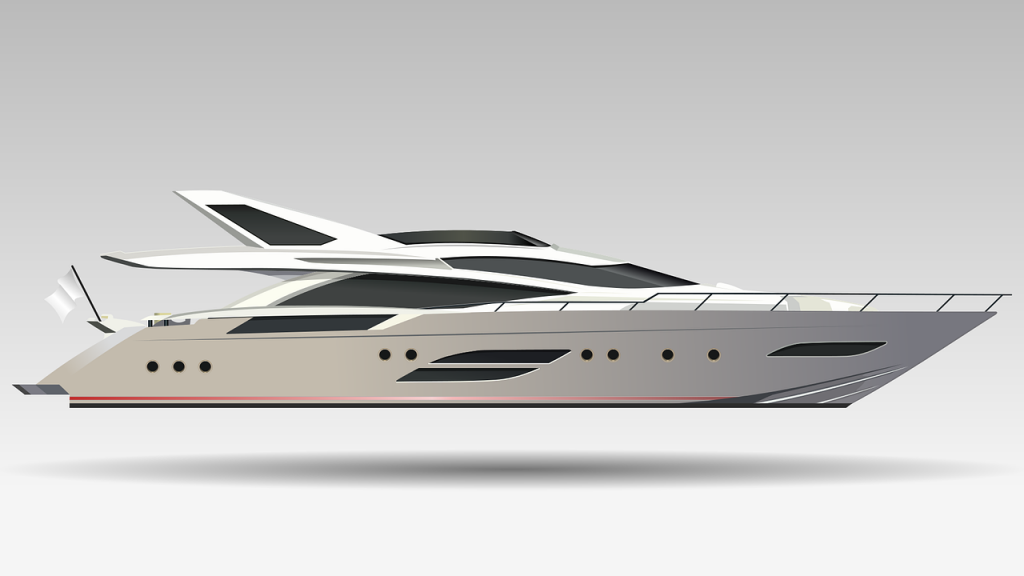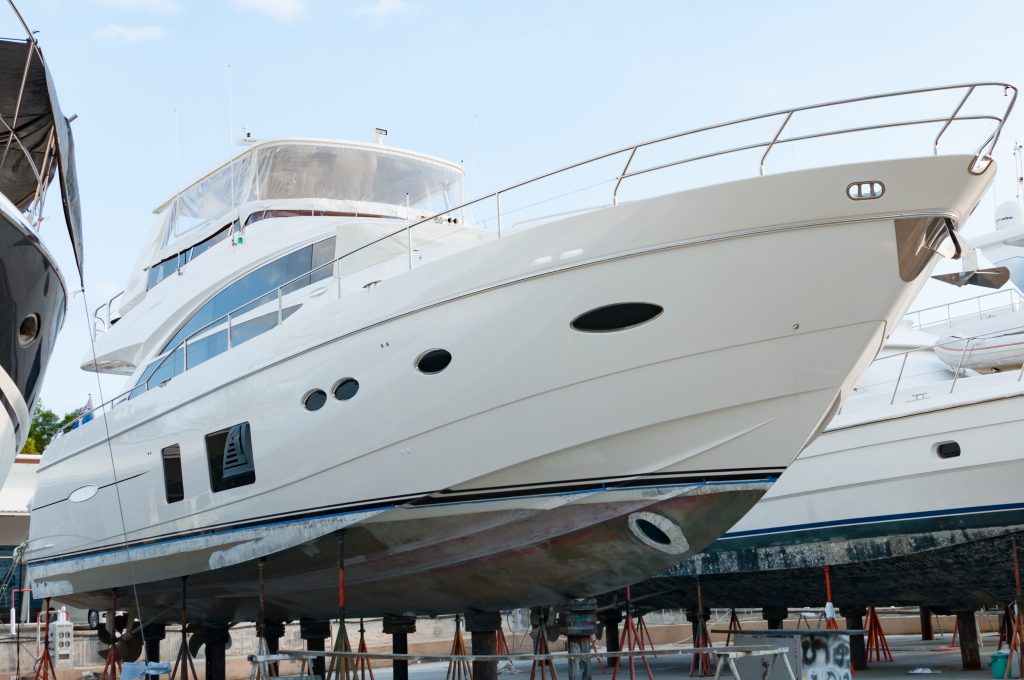What Type of Boat Should I Buy?
December 10th, 2020 by team

by B.J. Porter (Contributing Editor)
It’s a fun question to answer, because it makes you think about how you intend to use your boat and what your plans are. Questions like this great ways to pass time over the winter, when you’re cooped up and cold and thinking about what you want to do when it’s warm next spring.
But I can’t answer the question for you. Only you can.
What I can do is take you to the questions you need to answer to narrow the field down to a manageable search.
Narrowing the Field

Every boat out there is a compromise on something. No boat does everything well all the time for everyone. The trick is figuring out what you want to do, what you can afford, and how you will use it. Consider the following questions and maybe make some notes to yourself as you think this through.
How will you use the boat? This is the driving question. Whether you’re planning to weekend with the family, race a sailboat around the cans, fish and drag the kids tubing, or sail around the world – there are so many ways you can use boats, and no boat is suited for all of them.
What is your budget? The other main question, because you can’t break the bank and you don’t want to be boat poor. A great big fishing boat is no fun if you can’t afford to fill the fuel tanks, and a sailboat sitting on a mooring because you don’t have the money to fix it is worse than no boat.
Plan for at least 10% of the boat’s cost in annual operating and maintenance expenses. You may not spend it every year, but if you hit a big repair or maintenance item, you want the financial cushion.
How many people will you have with you? This ties to the first two questions, because it drives size and condition. If you have four kids on an overnight, it’s a different question than a single person or a couple. For people numbers, plan for what you will regularly do. Buying more boat than you need because you expect a ton of company can be a mistake – because company is often the exception, not the rule, if you boat a lot.
What is your skill level? It seems obvious, but big boats are harder to handle than small boats. They are more complex, but they also have bigger loads on lines and sails, bigger engines, more windage, and more momentum. They’re harder to slow and stop, so the potential for near-dock mayhem is much higher. Buying more boat than they can handle scares many people from boating.
The other skill consideration is the complexity of the boat. When I think of what I’ve learned, I chuckle about how unprepared I was with my first sailboat twenty-five years ago. Tasks I take for granted now I found daunting with that first boat, and it cost me because I made some expensive mistakes. Fortunately, it didn’t keep me off the water or turn me off boat ownership. But a complex boat or a project boat may not the best choices for a new-to-boating owner.
New Versus Used?
New boats are tempting – shiny and slick with the latest features, unblemished by stains and prior owner’s mistakes. They’re a clean slate, and you have the bonus of dealer and warranty support and peace of mind. There are many reasons to consider one, but don’t rush into a flashy boat-show special with a financing package until you’ve thought through the used boat question and checked out what’s out there.
New Boats

- Pro – they should have nothing broken or damaged.
- Pro – Warranties and dealer service provide good peace of mind, if you don’t do your own work.
- Pro – They will have the latest design features, instruments, technology and engines, possibly giving better safety and performance.
- Pro – Repairs and work beyond routine maintenance should be low through the first few years.
- Con – New is the most expensive way to buy. Boat depreciate once you use them. You may see a 15-20% drop in re-sale value after the first season; this is normal.
- Con – New boats are not flawless, some “debugging” and troubleshooting isn’t unusual as production problems or flaws may be uncovered, especially in brand new models with innovative features. The good news is it should all be under warranty, but it’s still a hassle.
- Con – If it’s your first boat, you’ll have to buy everything to go with it to meet safety regulations.
- Con – New boats should still have a survey, because they are not flawless. Though it is less involved than a used boat survey.
Used Boats

- Pro – Cost. You will spend less on used boats, and you can get more boat for your money.
- Pro – There will be more boats in your target size and budget. For example, there are thousands of coastal cruisers under thirty feet for sale used, but very few are built new every year, and their cost is much higher.
- Pro – Someone else has already worked out all the manufacturer’s flaws and defects for you.
- Pro – A used boat often comes with basic equipment and gear to meet minimum safety requirements and sometimes much more. Sometimes a seller is moving up to a new boat and wants to take everything, so it’s not a guarantee.
- Pro/Con – Financing is available on many used boats. But age or condition may limit this, so not all boats will qualify.
- Con – Someone else may have added their own flaws and problems, owner installed systems may be dubious.
- Con – There may be hidden flaws or deferred maintenance, wear and tear, or other hidden damage on a used boat.
- Con – You will need a more detailed survey on a used boat than a new boat, because it has been used and may have been damaged or modified.
Researching Resources
Boat shoppers have some great resources at our fingertips to wade through the ocean of data about boats, models, and what may be the right boat for you. With your notes from your questions in the opening section of the article in hand, try to distill out of it a basic description and set of criteria, like “sleeps four, up to eight for a night or two” or “I want fish with my dad and my brother, and my spouse wants something we can spend a weekend on with the kids.”
From there, you being your search. Resources include:
- Magazine articles tend to focus on the latest model year boats, but every one of them has a classified section in the back where you can see broker ads and individual boats for sale. From there you can get an idea of manufacturers, models, price ranges, and what’s in the market.
- Manufacturer websites are good for companies still in business, many keep archives of marketing materials and information on past models you may look at used.
- Boat sale websites give you loads to look at and dream, and pictures. Yachtworld.com is the premier global site for brokerage listed boats, but it doesn’t include any boats that are being privately sold and not every brokerage boat is on Yachtworld. Check for regional sale sites for where you live, and sites like BoatTrader.com or Boats.com.
- Forums are a good way to speak with people who on boats similar to ones you are interested, or to seek recommendations for boats within your parameters.
- Books don’t move as fast as websites or magazines, but are valuable resources on boat builders and models. Especially where the builder may be out of business, which is the case for many fine used boats out there.
Only you can know what the perfect boat for you is, but if you take the time to asses your own needs well, you should be happy.
- Posted in Blog, Boat Care, Boating Tips, Cruising, Fishing, iNavX, Navigation, Reviews, Sailing, Sailing Tips
- 1 Comment
One Response to “What Type of Boat Should I Buy?”
Comments are closed.


July 07, 2022 at 1:48 am, Best 16 what kind of boat should i buy - charlesadvisors.com said:
[…] Quote from the source: … […]